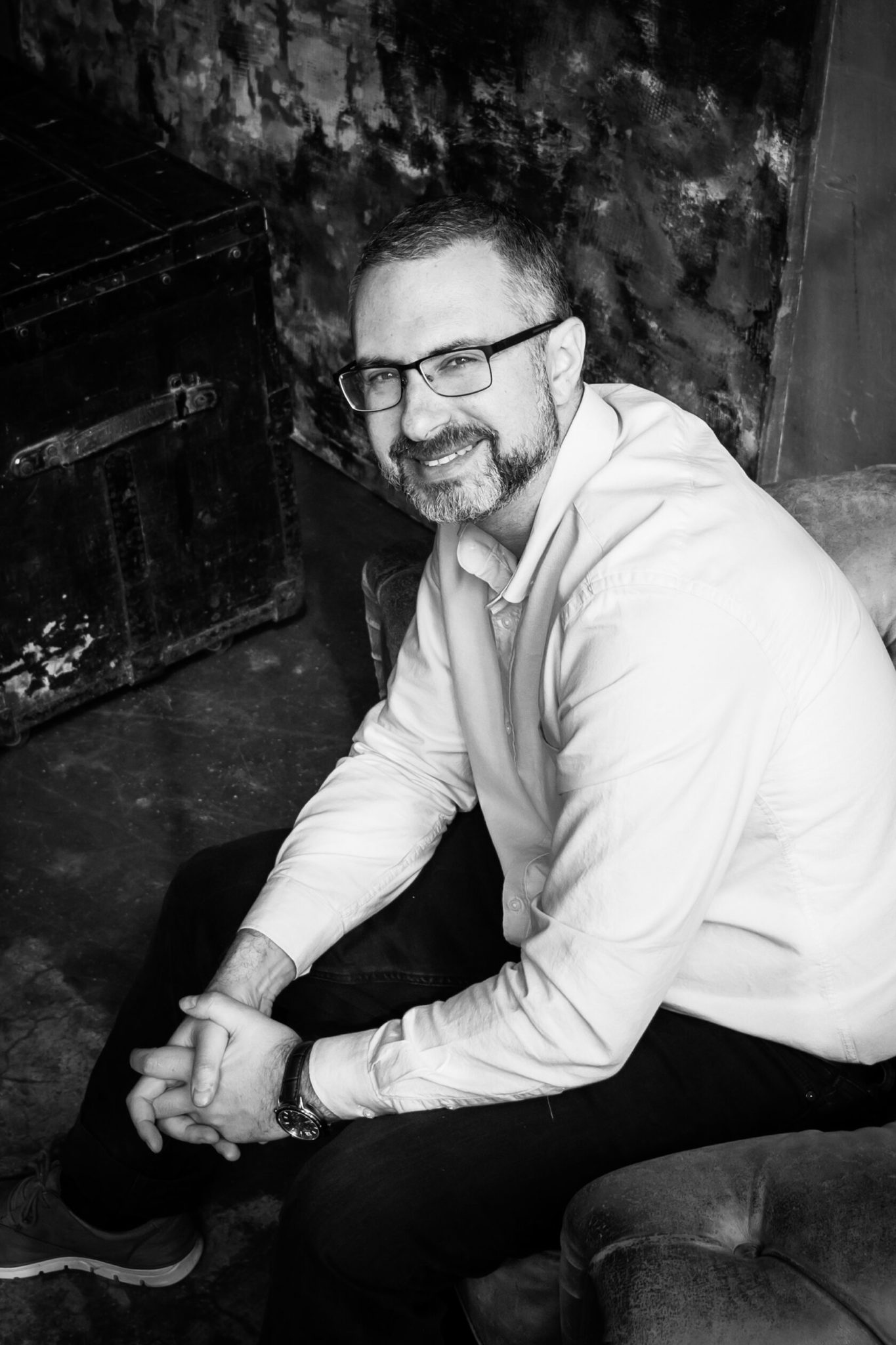Working with many couples over the years and listening to many astonishing stories and private struggles, I’ve come to a question in search of a single answer. Is there a central problem that puts barriers to relationships?
The answer is yes. It’s communication.
I am aware that you’ve heard it a million times and it sounds like a cliché. Moreover, any couple dealing with a challenging period and circumstances would say: we’ve communicated on the problematic issue more than enough.
My answer is “No”. You haven’t communicated on the issue enough.
You’ve tried attacking one another.
You’ve tried blaming one another.
You were being sarcastic at times.
You presumed that the partner would do the right thing in the end.
You focused on convincing.
You’ve tried screaming.
You’ve tried not paying attention.
All that is the opposite of communication. That’s why if you haven’t been able to resolve something, you probably haven’t communicated about it enough.
What do I mean here? Communication is the active, ongoing search for common ground. It’s the bridge you build, plank by plank over the chasm of your individual perceptions, values and communication styles. It’s very hard work. Though many couples feel and believe that they are doing this work, in fact they are AVOIDING it.
Some couples that come to therapy think that it would suffice to just talk and things will be straightened out. But if just talking would suffice, they could talk with one another directly, without encountering any hitches.
Talking is not communication, though it’s a good start. Communication is an active effort going two ways:
1) To understand your partner.
2) To make sure that the partner understands you.
Only then is it possible to reach a common denominator and come to an agreement.
Being together for many years, many couples assume that they know one another inside out. However, due to this assumption they are not communicating.
Let’s take point 1: communication as an active attempt to understand your partner.
This is an example of a partner’s misunderstanding. Your partner says: “I moved to another country with you and lost my job because of it.”
What you might hear: “I moved to another country because of you!”, and you start getting defensive saying that it’s not your fault.
Or you might hear: “I demand compensation for sacrificing my previous life so deeply!”, and you start defending yourself by saying that you’re already doing enough.
Whereas what your partner means is: “I’m sad and disappointed because I lost something that’s important to me and I need empathy and understanding.”
You didn’t understand your partner in this case. Did you make an active effort to? Judging from your replies, probably not. There were presumptions and emotional reactions, but not enough patience to clarify.
Now, let’s take point 2: communication as an active attempt to make sure that the partner understands you.
In this case we also see that your partner didn’t make a sufficient effort to be understood.
They could’ve expressed their emotions more clearly and directly: “I’m sad. I’m disappointed.”
They could’ve chosen the appropriate time for an emotional conversation: “Are you free to listen to me now? And if not, when?”
They could’ve asked: “How do you understand what I’m saying – that I moved to a new country because of you?”
Expressing ourselves in an accessible way, making sure that our partner understands us, and making an effort to understand the partner is hard work, and neither is always clear. And as you can see from the examples I brought above of what communication is NOT, all of the above things facilitate neither hearing the partner nor delivering your message to them.
Communication – any, but couple’s in particular since most couples spend a lot of time together – requires an active continuous effort (ACE). Therefore, couples therapy which aims at building communication is not a short and easy walk in the park during which things magically mend themselves, and pronto. It’s a collaborative effort which might bring disappointment in itself about how hard it is at times.
It also requires patience, which is a bit of a forgotten skill in our world of instant gratifications, and no amount of money paid to a counsellor can replace this patience and the time required to build communication based on understanding. But if you ask me, it’s worth it, because it gives a real chance of changing communication patterns and making them long-standing and lasting.
Bibliography:
-
- Dicks, H. V. (2014). Marital tensions: Clinical studies towards a psychological theory of interaction. Routledge. (Original work published 1967)
- Hubbard, A. K., & Anderson, J. R. (2022). Understanding barriers to couples therapy. Journal of Marital and Family Therapy, 48(4), 1147-1162.
Published by author on Psychology Today: https://www.psychologytoday.com/us/blog/the-psychology-of-relationships-and-emotional-intelligence/202510/what-true-couple



